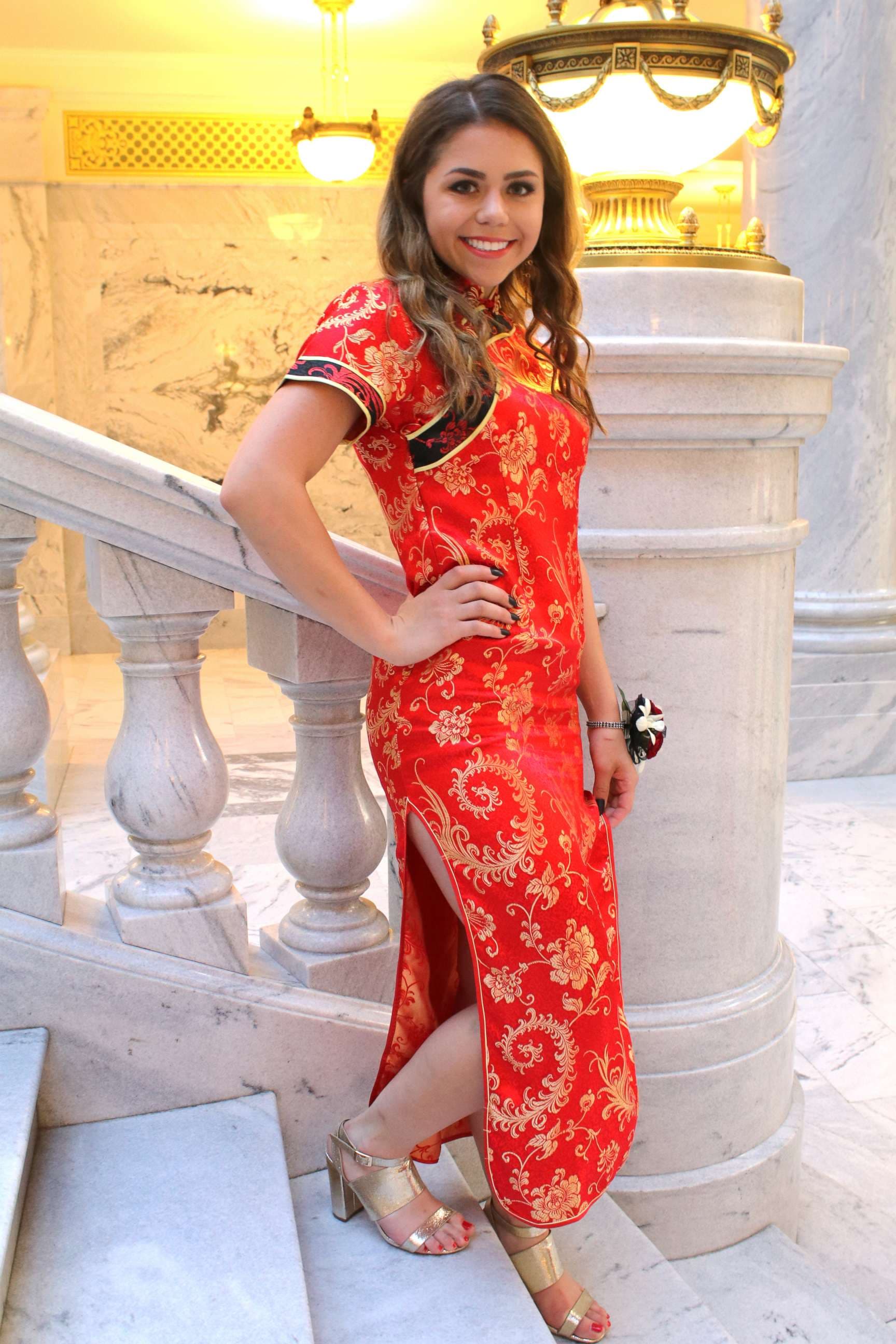2018 Prom Dress Sparks Global Cultural Appropriation Debate

In April 2018, Utah high school senior Keziah Daum garnered widespread attention after wearing a traditional Chinese qipao to her prom and sharing photos online. The decision by the then 18-year-old white student from Woods Cross High School quickly ignited a global discussion about cultural appropriation, revealing contrasting perspectives between Asian Americans and individuals in mainland China. The incident underscored the complexities of cultural exchange in the digital age.
Many Asian Americans reacted with strong criticism, viewing Daum's choice as disrespectful and an act of cultural appropriation. A viral tweet from Jeremy Lam, stating, > "My culture is NOT your g------ prom dress," encapsulated this sentiment, arguing that the garment was being subjected to American consumerism and colonial ideology. Critics highlighted the historical significance of the qipao within a marginalized minority context.
Conversely, numerous individuals in mainland China, Hong Kong, and Taiwan largely expressed positive sentiments, interpreting Daum's attire as an appreciation of Chinese culture. Cultural commentator Zhou Yijun told The New York Times that criticizing the act as cultural appropriation was "ridiculous," suggesting that if a foreign woman finds the qipao beautiful, she should be free to wear it. This perspective often celebrated the recognition of their culture abroad.
Daum defended her choice, asserting she intended no disrespect and was merely showing appreciation for the culture, having found the dress beautiful. She later stated she learned about the qipao's association with female empowerment, which made her "love it even more." The qipao, also known as cheongsam, evolved from a traditional Manchu garment and was modernized in the 1920s and '30s, becoming a symbol of elegance, though its everyday use has diminished in contemporary China.
The controversy highlighted a growing and intricate conversation about race and identity, particularly the divergent views sometimes held by Asians in Asia and Asian Americans in the West. The incident prompted reflection on cultural appropriation within China itself, with some questioning if celebrating Western holidays like Christmas also constituted appropriation. The debate served as a significant moment in the ongoing discourse on cultural sensitivity and representation.